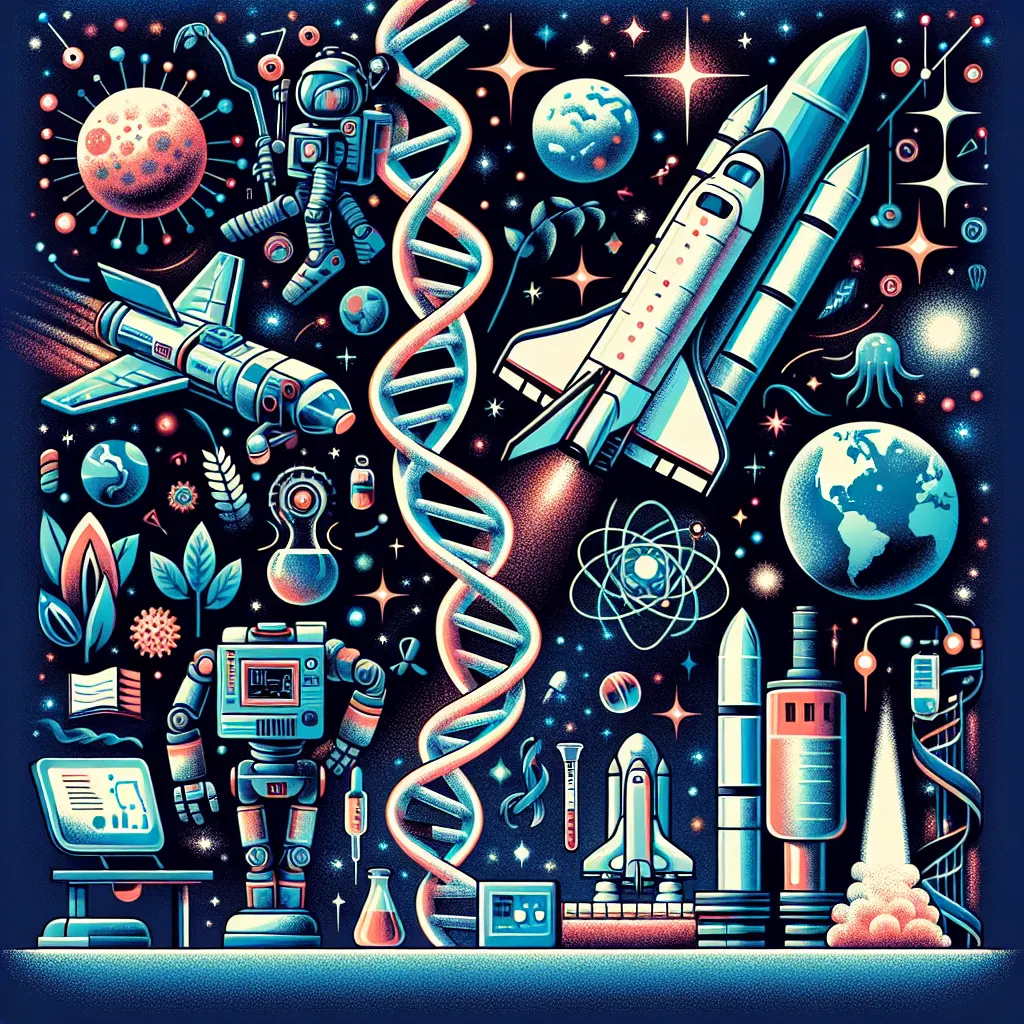As an experienced IELTS instructor and content creator for LearnEnglish.NET, I’m excited to share insights into the most frequently encountered topics in the IELTS Reading section. Understanding these common themes can significantly boost your preparation strategy and confidence on test day.
Why Knowing Common IELTS Reading Topics Matters
Familiarizing yourself with the typical subjects in IELTS Reading passages is crucial for several reasons:
- Improved time management
- Enhanced comprehension
- Better prediction skills
- Reduced test anxiety
Let’s delve deeper into the most prevalent topics you’re likely to encounter in your IELTS Reading test.
Top 10 Common IELTS Reading Topics
1. Science and Technology
Science and technology passages often cover cutting-edge research, innovations, and their impact on society. These texts may discuss:
- Artificial Intelligence and robotics
- Space exploration
- Biotechnology and genetic engineering
- Environmental technologies
 IELTS Reading Science Topic
IELTS Reading Science Topic
2. Environmental Issues
Environmental topics are increasingly common due to growing global concerns. You might encounter passages about:
- Climate change and global warming
- Biodiversity and conservation
- Renewable energy sources
- Pollution and waste management
3. Social Sciences
Social science passages explore human behavior and societal structures. Common subtopics include:
- Psychology and human behavior
- Sociology and cultural studies
- Anthropology and human evolution
- Education systems and learning theories
4. History and Archaeology
Historical texts often focus on:
- Ancient civilizations
- Archaeological discoveries
- Historical figures and events
- Cultural heritage and preservation
5. Health and Medicine
Health-related passages may cover:
- Medical breakthroughs and research
- Public health issues
- Nutrition and diet
- Mental health and well-being
6. Business and Economics
Business-oriented texts might discuss:
- Global economic trends
- Entrepreneurship and innovation
- Marketing strategies
- Corporate social responsibility
7. Arts and Culture
Arts and culture passages often explore:
- Visual arts and architecture
- Literature and performing arts
- Cultural traditions and customs
- Media and entertainment
8. Natural Sciences
Natural science topics frequently include:
- Animal behavior and ecosystems
- Geology and earth sciences
- Astronomy and cosmology
- Plant biology and botany
9. Language and Linguistics
Language-focused passages might cover:
- Language acquisition and learning
- Linguistic diversity and endangered languages
- Communication theories
- Translation and interpretation
10. Urban Planning and Architecture
Urban-related texts often discuss:
- Sustainable city design
- Transportation systems
- Urban development challenges
- Architectural innovations
How to Approach Different IELTS Reading Topics
Now that we’ve identified the most common topics, let’s explore strategies to tackle them effectively:
-
Build Your Vocabulary: Create topic-specific word lists for each common subject area. Focus on academic and technical terms related to these fields.
-
Practice Active Reading: Engage with the text by asking questions, making predictions, and summarizing key points as you read.
-
Develop Skimming and Scanning Skills: Practice quickly identifying main ideas (skimming) and locating specific information (scanning) across various topic areas.
-
Stay Informed: Regularly read articles from reputable sources like scientific journals, quality newspapers, and academic publications to familiarize yourself with current issues and writing styles.
-
Use Mind Mapping: Create visual representations of the main ideas and supporting details for different topics to enhance your understanding and recall.
Common Challenges and How to Overcome Them
When dealing with diverse IELTS Reading topics, you may encounter several challenges:
Unfamiliar Vocabulary
- Solution: Don’t panic if you encounter unknown words. Try to understand the context and main idea of the passage. Focus on the words you do know and use context clues to infer meanings.
Complex Scientific Concepts
- Solution: Practice breaking down complex ideas into simpler components. Look for examples or analogies in the text that explain difficult concepts.
Historical References
- Solution: While specific historical knowledge isn’t required, understanding basic timelines and major historical events can be helpful. Focus on the passage’s main points rather than getting bogged down in unfamiliar details.
Abstract Ideas in Social Sciences
- Solution: Look for concrete examples or case studies within the text that illustrate abstract concepts. Practice summarizing complex ideas in your own words.
Preparation Tips for IELTS Reading Topics
To excel in the IELTS Reading section, consider these preparation tips:
-
Diversify Your Reading Material: Expose yourself to a wide range of topics by reading from various sources, including academic journals, science magazines, and quality newspapers.
-
Time Your Practice: Set time limits when practicing reading comprehension to simulate test conditions and improve your speed.
-
Analyze Question Types: Familiarize yourself with different question formats (e.g., multiple choice, matching, true/false/not given) and practice strategies for each type.
-
Create Topic Summaries: After reading about a particular subject, try to summarize the main points in your own words to reinforce understanding and recall.
-
Join Study Groups: Discuss various topics with other IELTS candidates to gain different perspectives and enhance your critical thinking skills.
Conclusion
Understanding the most common topics in IELTS Reading is a crucial step in your test preparation journey. By familiarizing yourself with these subjects and employing effective reading strategies, you’ll be better equipped to handle the diverse range of texts you’ll encounter on test day. Remember, consistent practice and exposure to various topics are key to improving your reading skills and achieving your desired IELTS score.
We encourage you to share your experiences with IELTS Reading topics in the comments below. What subjects do you find most challenging? Do you have any additional tips for fellow test-takers? Let’s create a supportive community of IELTS learners and help each other succeed!
[internal_links]




